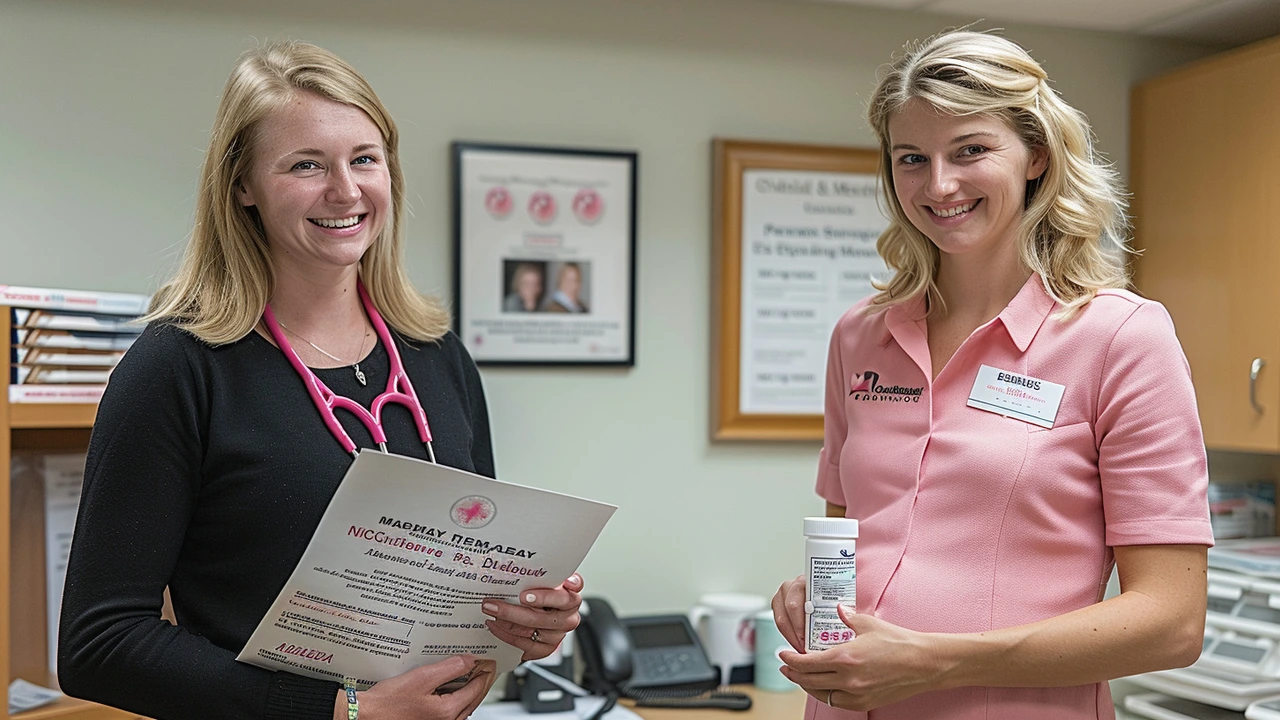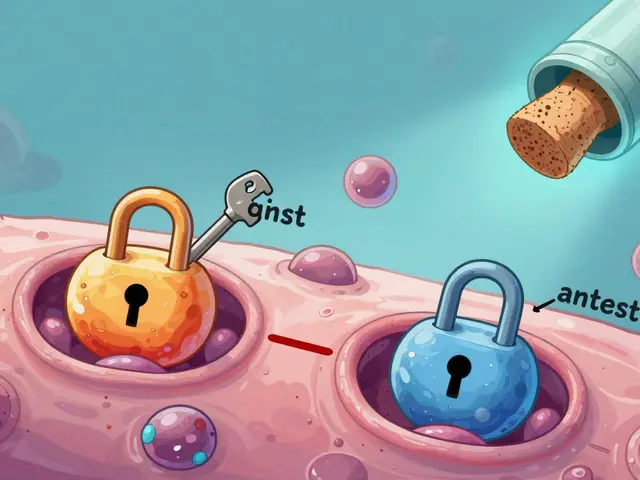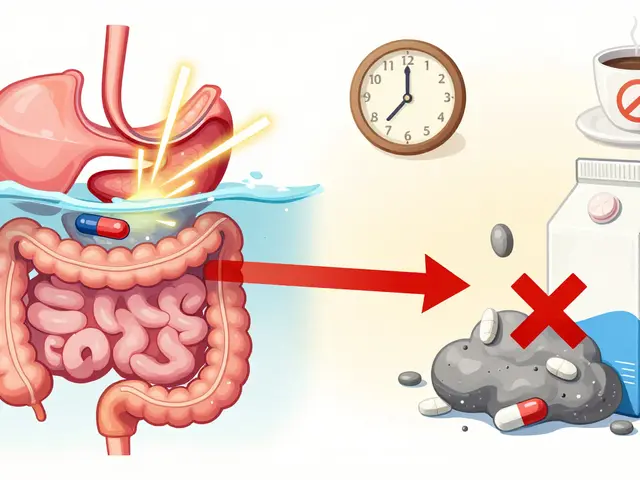Medication use: Practical tips for safe, smart medicine choices
Taking medicine sounds simple, but small mistakes can cause big problems. This page gives clear, usable steps to help you use drugs safely — whether it's a short antibiotic, a daily pill for blood pressure, or an inhaler for asthma. Read these tips and you'll be better at buying, storing, and taking meds without second-guessing yourself.
Safe buying & online pharmacies
Buying online is convenient, but check the basics. Make sure the pharmacy asks for a prescription when a prescription is required, shows a valid license or contact info, and uses secure payment. Look for clear return and privacy policies. If a price looks too low for a common drug, pause — counterfeit meds exist. When in doubt, call the pharmacy and ask where the medicine is sourced from.
If you need cost help, ask your prescriber about generics or 90-day supplies from mail-order services. Compare total costs including shipping. For new or serious drugs — cancer meds, strong antibiotics, seizure meds — prefer established providers and your local pharmacist for face-to-face advice.
Everyday medication habits
Follow the label. That means dose, timing, food instructions, and how long to take the drug. Missing doses matters for some meds (like antibiotics or seizure drugs) and less for others. Use alarms, a pillbox, or a phone app to keep track. When you feel better, don’t stop a prescribed course unless your doctor says so.
Know common interactions. Some meds react badly with other prescriptions, over-the-counter drugs, or even foods — for example, certain antibiotics and grapefruit can cause trouble, and some antidepressants interact with cough medicines. Use a reliable interaction checker (or ask a pharmacist) whenever you start something new, including supplements like turmeric or policosanol.
Watch for side effects and act early. Mild side effects are common, but sudden allergic reactions, worsening symptoms, or new serious issues need prompt medical attention. Keep a short list of your meds and allergies in your wallet or phone so emergency teams can help quickly.
Store and dispose of meds safely. Heat, light, and humidity can reduce effectiveness — keep most pills in a cool, dry place. Dispose of expired or unused medicines through a local take-back program or follow disposal instructions; don’t flush them unless instructed.
Ask the right questions. When prescribed a medicine, ask: Why this drug? What are alternatives? How long will I need it? What should I avoid while taking it? Who can I call if I notice side effects? Clear answers help you stick to a plan and avoid surprises.
Using meds safely is mostly about small habits: verifying where you buy them, following instructions, checking interactions, and staying organized. A little attention goes a long way toward making medication work the way it should.

Understanding the Potential Side Effects of Misoprostol: What You Should Know
Misoprostol is a medication often prescribed for various reasons, including inducing labor and treating stomach ulcers. It's essential to understand its potential side effects to better manage them if they occur. This article explores common and less common side effects and provides tips on handling them effectively. Read on to make informed decisions about your health.
read more




